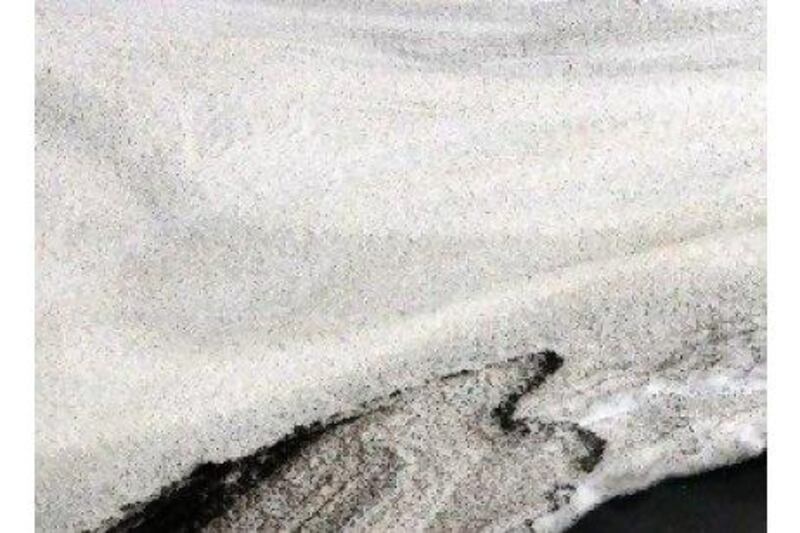I write in reference to your news article, Saudi cap on remittances 'a deterrent' for expats (November 20). Almost all the Gulf Cooperation Council countries depend extensively on expatriates in their country's workforce at all levels.
If Saudi Arabia tries to restrict in any manner the remittances that these workers send to their home countries, the region as a whole might expect to see a decline in this vital workforce.
The expatriate labour force would suffer, and the ripple effect would be more detrimental to their home economies.
KB Vijayakumar, Dubai
Sacred cows are not India's trash
Your editorial on efforts to clean the Yamuna River was misleading (Watery statement, November 20).
Nowhere in the Hindu religion does it suggest Hindus should leave a cow's carcass in a sacred body of water. The government, and religious institutions, should take care that the dead cows are buried with respect.
Native cows which are nearing extinction are worshiped. It's Hindus' duty to bury them properly, and not let them wash away.
Name withheld by request
Fifa's Blatter needs lesson in manners
Andy Cole's column on Sepp Blatter demands a response (Blatter must quit Fifa role, November 18). Although I would agree that Mr Blatter appears to live in another time from now, to call him a "dinosaur" at the age of 75, as Cole does, misses the mark.
At my age of 74 I would never consider myself a racist or a dinosaur, nor would any of my friends or family I grew up with.
At my boarding school in the 1940s and 1950s, we had girls from all over the world and those of us who lived during that time knew so many people from various countries it was impossible to judge people by the colour of their skin or their religion.
There are many of us who, in the 1950s and 1960s in London, boycotted South African goods because of the country's apartheid activities. Later when I lived in New York I was involved in the civil rights movement. We all know that racism exists; we don't need to contribute to it.
In the musical South Pacific there is a very telling song - You Have to be Carefully Taught. Listen to the words and then you will know where prejudiced people come from. Like so many things, racism and bigotry and bullying generally starts at home.
Gail Gordon, Dubai
Dining with a view is only half a win
I completely agree with your review of the restaurant at the One & Only The Palm (A special setting, but the main event lacks season at 101, November 17). We were there for our anniversary and were disappointed food-wise. It's a great location and the ambiance is wonderful. But 101 fails to catch up on the basics.
Amit Nayak, Dubai
Syria is simply not getting message
Your article 9 killed in Syria as Arab league deadline looms (November 20), was a good to read, albeit somewhat depressing.
Despite the Arab League's deadline and the global condemnation, Damascus's attitude has not changed and the crisis has not stopped.
Civilians are the main victims; the UN and other world leaders must continue to pressure Syria to stop killing innocent people.
K Ragavan, India
Clearer labelling needed for food
In the process of revising rules for labelling foods containing allergens (Food labelling law could be a lifesaver, November 20) there should also be a rule against blocking the ingredients list on the original packaging with a sticker listing ingredients in Arabic.
Jennifer Fisher, Abu Dhabi
Children can enjoy art show maturely
Raising our children in Abu Dhabi, we are frequently humbled by the warm reception and welcoming attitude shown to our offspring by restaurant and shop workers, business people and passers-by.
This is why it was a shock to not be allowed entry into any of the galleries at the recent Abu Dhabi Art event, with our baby who was sleeping in its stroller.
At no point during the registration process or on any printed materials was it stated that children were banned from the galleries. We would not have made the trip to Saadiyat Island if the child ban had have been communicated effectively. In fact, this policy was badly managed as we were only one family among several that was turned away.
Vanessa Wolf, Abu Dhabi





